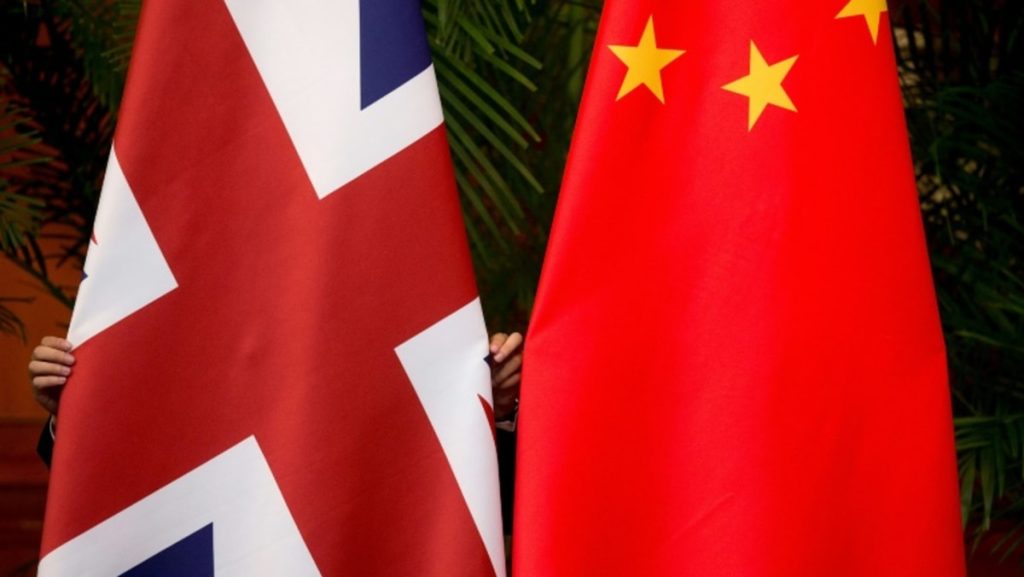The Chinese Ministry of State Security has revealed that Wang, a former MI6 agent, had a strong desire for money which ultimately led to his involvement in providing consulting services to central state agencies. After approaching Wang and revealing their identities, MI6 directed him to return to China to collect intelligence and convinced him to coerce another individual, Zhou, into doing the same. The ministry stated that evidence had been gathered and decisive measures had been taken against Wang, with further investigation ongoing.
Specific details about Wang and Zhou’s current occupations in China, the nature of the information they provided, and their whereabouts were not disclosed in the ministry’s statement. The Foreign, Commonwealth and Development Office in Britain, which handles MI6 press inquiries, has been contacted by AFP for comment on the matter. China and Western powers have a history of trading accusations of spying, but only recently have they started to disclose specific details of alleged individual cases.
In a separate case, British police announced last month that Matthew Trickett, who had been charged with helping Hong Kong gather intelligence in the UK, had been found dead in unexplained circumstances. Additionally, in April, German authorities arrested four individuals on suspicion of spying for China, while British police charged two men with passing sensitive information to Beijing between 2021 and last year. These incidents highlight the ongoing tensions and actions taken by both China and Western countries in cases of alleged espionage.
The involvement of former MI6 agent Wang in providing consulting services to central state agencies and collecting intelligence in China suggests a complex and potentially dangerous situation. The role of MI6 in directing Wang to return to China and coerce another individual into espionage activities raises questions about the extent of their involvement in such operations. This case also highlights the ongoing rivalry and suspicion between China and Western powers in the realm of espionage, with both sides actively working to uncover and prosecute individuals involved in spying activities.
The lack of specific details about Wang and Zhou’s current occupations, the information they provided, and their whereabouts leaves many unanswered questions about the extent of their involvement in espionage activities. The ongoing investigation into Wang’s actions by the Chinese Ministry of State Security indicates that this case is still developing and may involve further revelations in the future. The recent incidents of espionage-related arrests and deaths in the UK, Germany, and Hong Kong underscore the seriousness of these allegations and the potential risks and consequences faced by individuals involved in such activities.
Overall, the case of former MI6 agent Wang’s involvement in espionage activities in China, along with other recent incidents of alleged spying, sheds light on the complex and high-stakes world of international intelligence operations. The ongoing tensions and rivalries between China and Western powers in the realm of espionage underscore the importance of monitoring and addressing these activities to maintain national security and international relations. As this case continues to unfold, more details may emerge regarding the extent of Wang and Zhou’s activities, as well as the broader implications for international intelligence operations and cooperation.


